Toona sinensis
Toona sinensis, commonly known as Chinese toon or Chinese mahogany, is a deciduous tree native to China. Its leaves are used as a vegetable in various Asian cuisines and have a unique flavor. Here's some information on growing Toona sinensis:
- Climate and Location: Toona sinensis thrives in subtropical to temperate climates. It prefers full sun but can tolerate partial shade. The tree is hardy in USDA hardiness zones 6 to 10.
- Soil Requirements: Toona sinensis prefers well-draining soil that is rich in organic matter. The soil pH should be slightly acidic to neutral, ideally between 6.0 and 7.0.
- Propagation: Toona sinensis can be propagated from seeds, cuttings, or suckers. Seeds should be soaked in water for 24 hours before sowing. Sow the seeds in seed trays or pots, covering them with a thin layer of soil. Maintain consistent moisture and provide warmth for germination. Cuttings can be taken from young shoots or branches and rooted in a suitable growing medium.
- Planting: When transplanting seedlings or rooted cuttings, choose a well-prepared planting site with good soil fertility. Dig a hole slightly larger than the root ball and place the seedling or cutting, making sure it is at the same depth it was previously. Backfill the hole and firm the soil gently around the plant.
- Watering: Toona sinensis prefers consistently moist soil. Water the tree regularly, especially during dry periods. However, avoid overwatering, as excessive moisture can lead to root rot. Mulching around the base of the tree can help retain soil moisture.
- Pruning: Pruning can be done to maintain the shape and size of the tree and to promote bushier growth. It is best to prune Toona sinensis during the dormant season, typically in late winter or early spring. Remove any dead or diseased branches, and thin out crowded growth to improve air circulation.
- Harvesting: The young leaves of Toona sinensis are typically harvested for culinary use. The leaves are most flavorful when they are young and tender. Harvesting can be done by picking individual leaves or cutting entire branches. Avoid excessive pruning that can weaken the tree.
- Pests and Diseases: Toona sinensis can be susceptible to pests such as aphids, scale insects, and caterpillars. Regular inspection and appropriate pest control measures, including natural predators or organic insecticides, can help manage pest infestations. The tree may also be prone to fungal diseases, so maintaining good air circulation and avoiding excessive moisture can help prevent issues.
Remember to check the specific growing requirements and recommendations for Toona sinensis in your region, as they may vary depending on local conditions.
Toona sinensis, also known as Chinese toon or Chinese mahogany, has a history of use in natural health. In natural health, it is referred to as "Xiang Chun" or "Xiang Ru" and is primarily used for its aromatic properties and potential health benefits. Here are some of the ways Toona sinensis is used in natural health:
- Promoting Blood Circulation: Toona sinensis is believed to have invigorating properties that help promote blood circulation in the body. It is often used in natural health formulas to address conditions associated with stagnant blood flow, such as menstrual disorders, pain, and swelling.
- Relieving Wind-Heat and Dampness: Toona sinensis is considered to have cooling properties and is used to alleviate symptoms associated with wind-heat and dampness in the body. It is often used for conditions like fever, sore throat, cough, and excessive mucus production.
- Harmonizing the Stomach and Spleen: In natural health, Toona sinensis is used to support digestive health by harmonizing the stomach and spleen. It is believed to help regulate digestion, improve appetite, and alleviate symptoms of indigestion, bloating, and diarrhea.
- Detoxification: Toona sinensis is thought to possess detoxifying properties and is used to help eliminate toxins from the body. It is often included in natural health formulas for conditions related to toxin accumulation or heat toxicity, such as skin rashes, boils, and infections.
- Expelling Parasites: Toona sinensis is traditionally used in natural health to expel intestinal parasites, such as roundworms and tapeworms. It is believed to have anthelmintic properties and is often combined with other herbs in anti-parasitic formulas.
- Aromatic Benefits: Toona sinensis has a strong and pleasant aroma, which is believed to have a calming effect on the mind and spirit. It is sometimes used in natural health to promote relaxation, relieve stress, and improve mood.
Toona sinensis nutritional benefits
Toona sinensis, commonly known as Chinese toon or Chinese mahogany, is not only valued for its culinary uses but also for its nutritional benefits. Here are some of the key nutritional components and benefits of Toona sinensis:
- Vitamins and Minerals: Toona sinensis leaves are rich in various vitamins and minerals. They are particularly high in vitamin A (in the form of beta-carotene), vitamin C, vitamin E, and vitamin K. These vitamins play essential roles in supporting immune function, maintaining healthy skin, promoting blood clotting, and protecting against oxidative damage.
- Antioxidants: Toona sinensis contains a range of antioxidants, including flavonoids and phenolic compounds. These antioxidants help neutralize harmful free radicals in the body and protect against oxidative stress, which is associated with various chronic diseases and aging.
- Essential Fatty Acids: Toona sinensis leaves contain essential fatty acids, such as alpha-linolenic acid (ALA) and linoleic acid. These fatty acids are important for maintaining healthy cell membranes, supporting brain function, and promoting overall well-being.
- Protein: Toona sinensis leaves also provide a modest amount of protein. Protein is essential for building and repairing tissues, supporting immune function, and maintaining various bodily functions.
- Dietary Fiber: Toona sinensis leaves contain dietary fiber, which is beneficial for digestive health. Fiber helps regulate bowel movements, promotes satiety, and supports the growth of beneficial gut bacteria.
- Phytochemicals: Toona sinensis is rich in phytochemicals, such as quercetin and kaempferol. These compounds have been associated with various health benefits, including anti-inflammatory and antioxidant properties, cardiovascular protection, and potential anticancer effects.
In Person With Heshoutang Natural Health Members
With Heshoutang Natural Health Online Members
Fill Out the Questionnaire by yourself
Toona sinensis pharmacological action
The pharmacological actions of Toona sinensis, commonly known as Chinese toon or Chinese mahogany, have not been extensively studied or well-documented. However, the plant does contain various bioactive compounds that may contribute to its potential pharmacological effects. Here are some of the observed or speculated pharmacological actions of Toona sinensis:
- Anti-inflammatory: Toona sinensis contains compounds, including flavonoids and phenolic compounds, which possess anti-inflammatory properties. These compounds may help reduce inflammation and alleviate associated symptoms. However, further research is needed to understand the specific mechanisms and effectiveness of Toona sinensis in this regard.
- Antioxidant: Toona sinensis is rich in antioxidants, such as flavonoids and phenolic compounds, which can help neutralize harmful free radicals in the body. Antioxidants protect cells from oxidative damage, which is associated with various chronic diseases and aging.
- Antimicrobial: Some studies suggest that extracts from Toona sinensis exhibit antimicrobial activity against certain bacteria and fungi. These antimicrobial properties may be attributed to the presence of specific compounds in the plant.
- Anticancer potential: Some studies have explored the potential anticancer effects of Toona sinensis extracts. Certain compounds found in the plant, such as flavonoids and phenolic compounds, have demonstrated anticancer activity in preliminary laboratory studies. However, further research is needed to understand their efficacy and safety in human cancer treatment.
- Hypotensive effects: Some animal studies have indicated that extracts of Toona sinensis may possess hypotensive effects, meaning they can help lower blood pressure. These effects could be attributed to certain compounds present in the plant, but more research is required to validate these findings.
When you subscribe to the blog, we will send you an e-mail when there are new updates on the site so you wouldn't miss them.

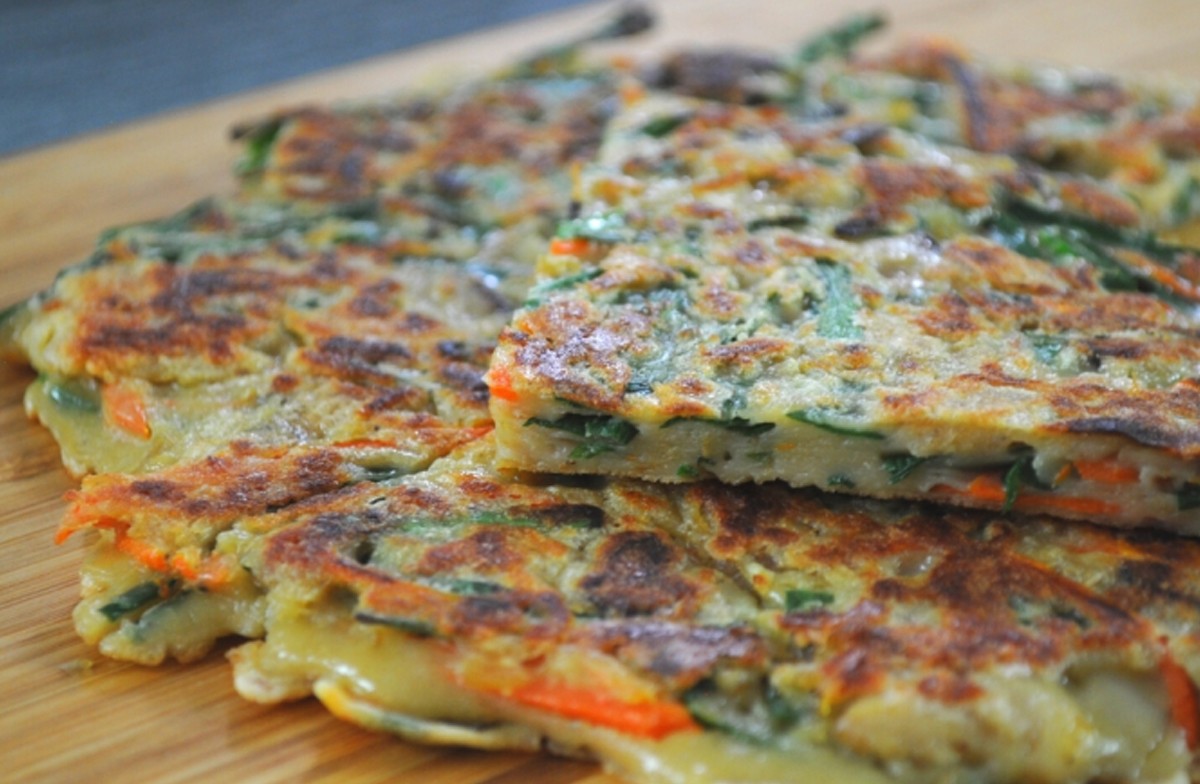
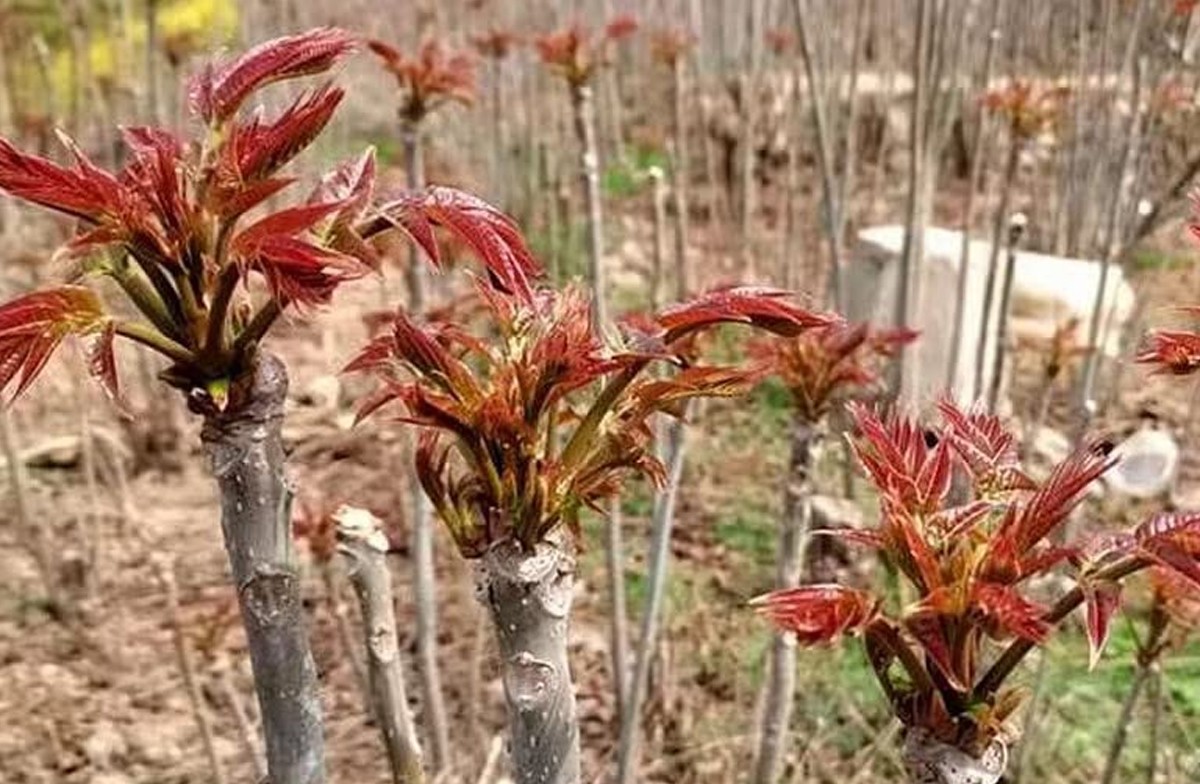
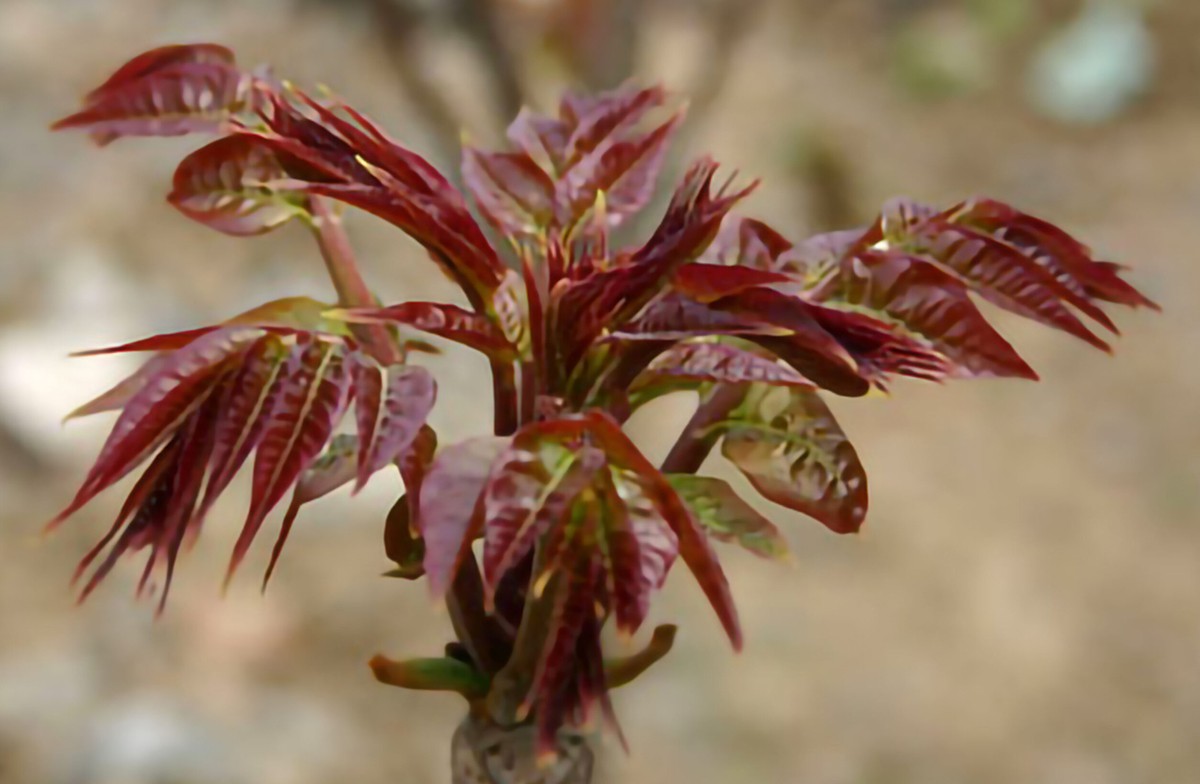
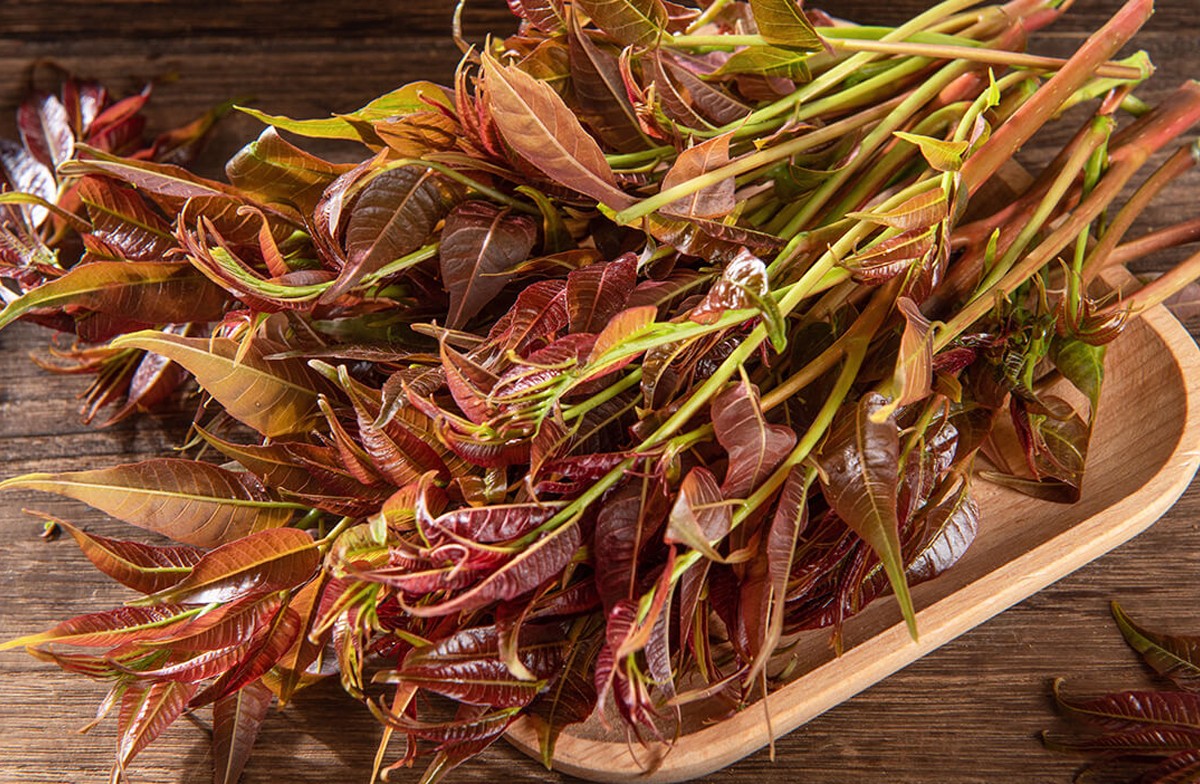
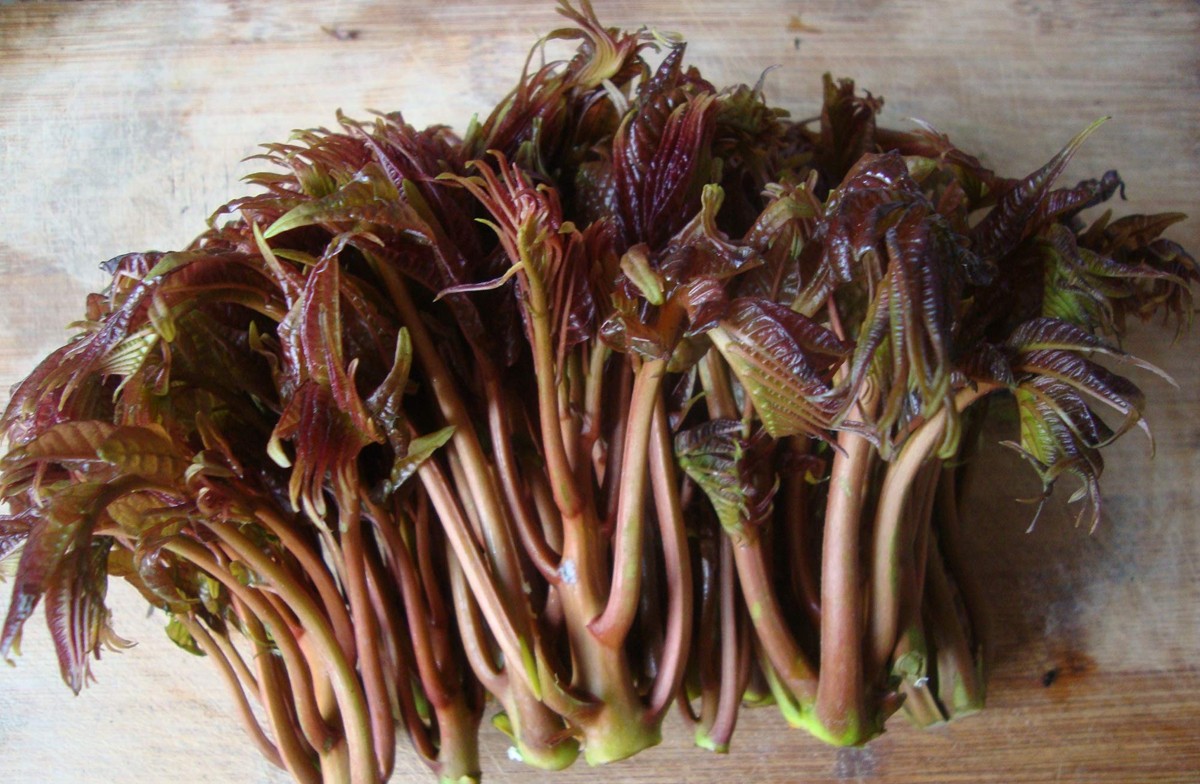
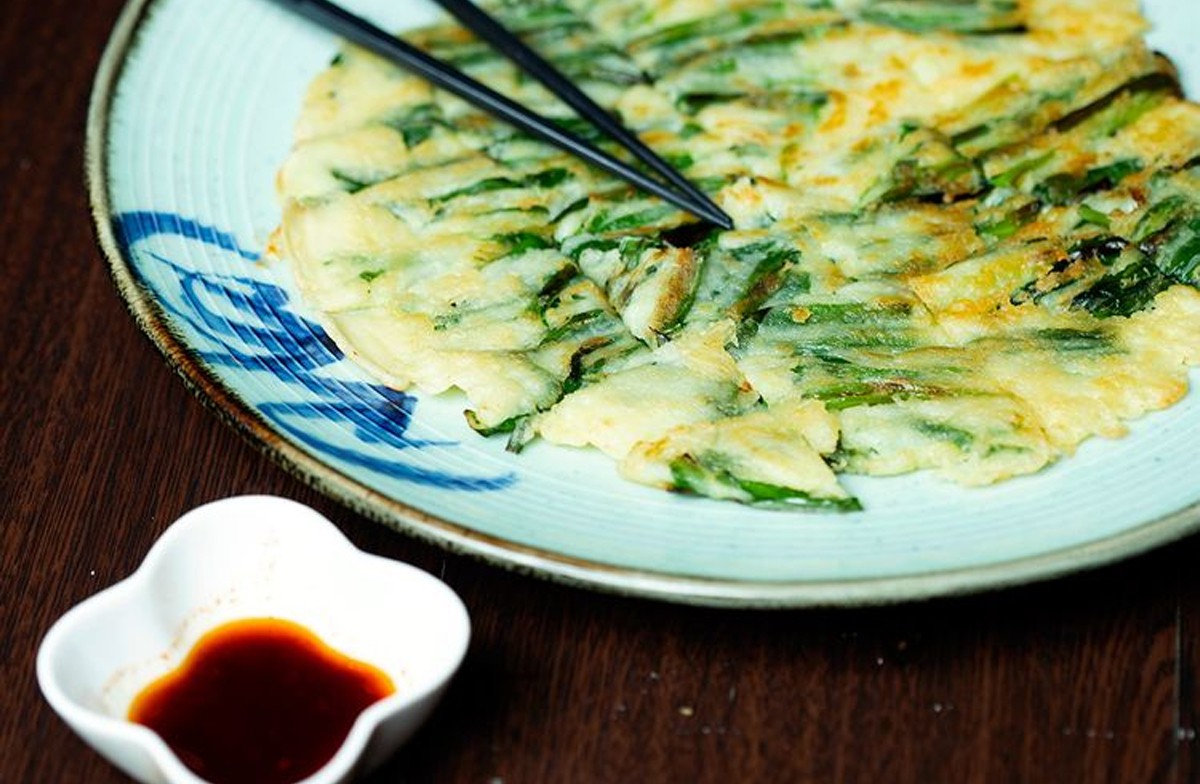
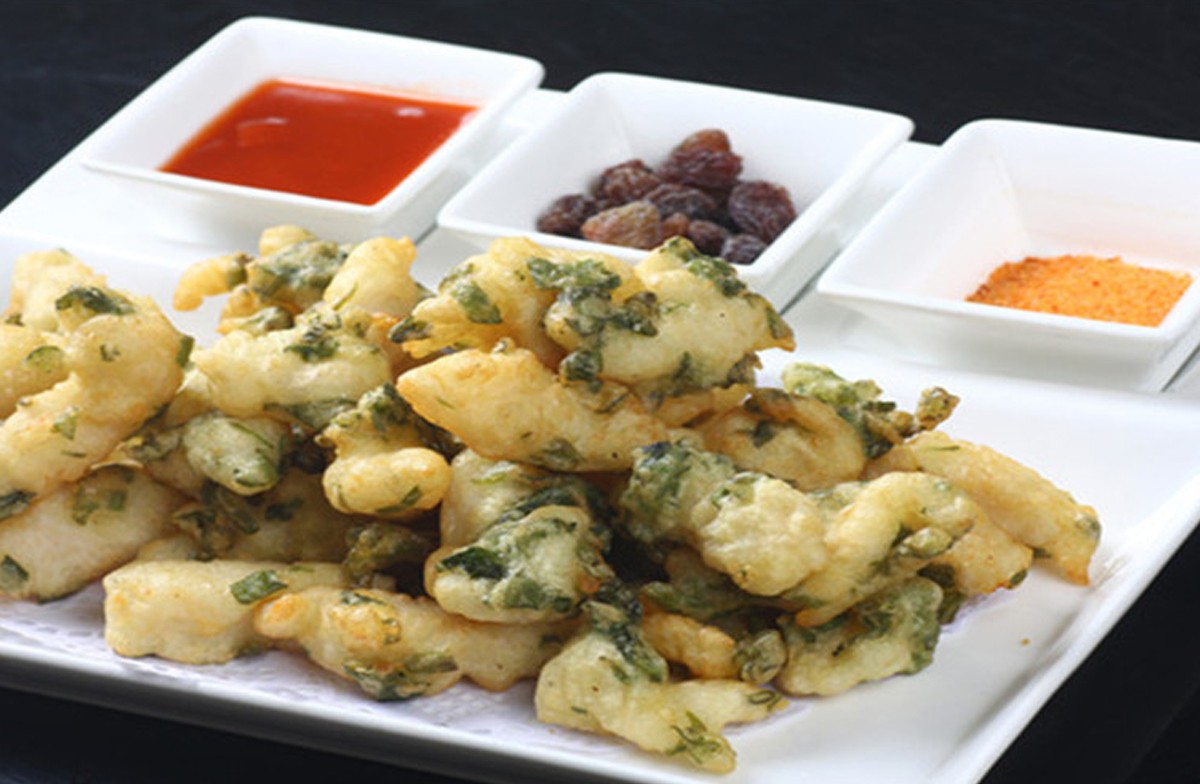
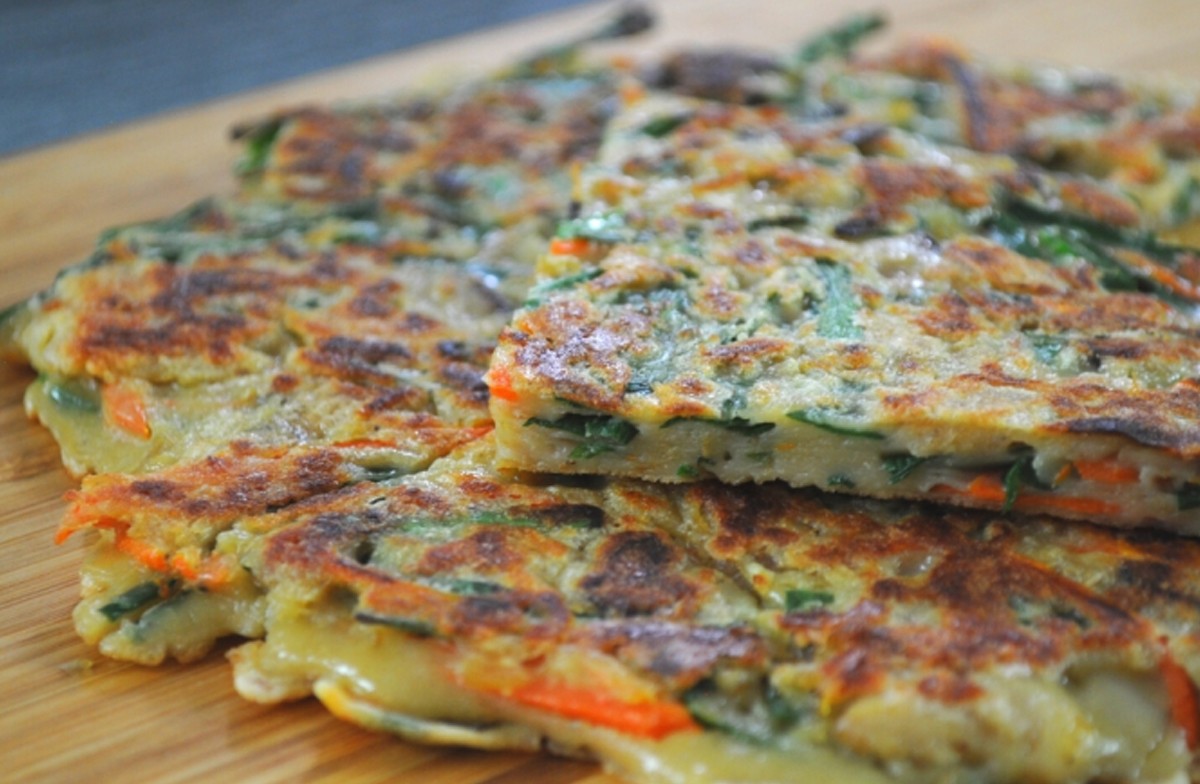












Comments